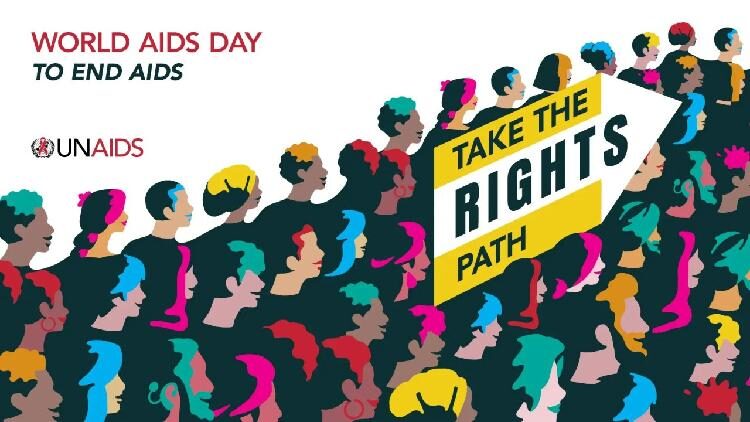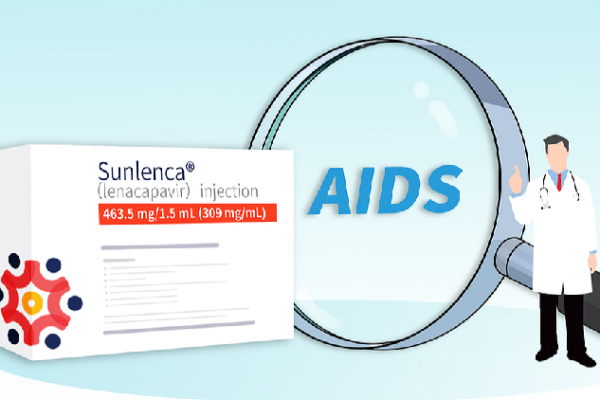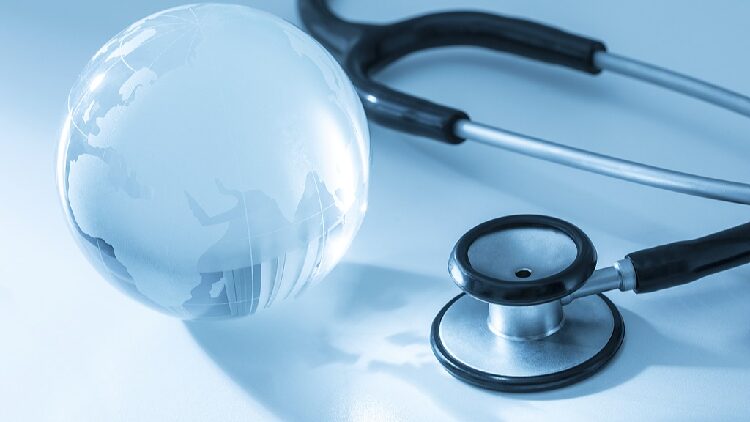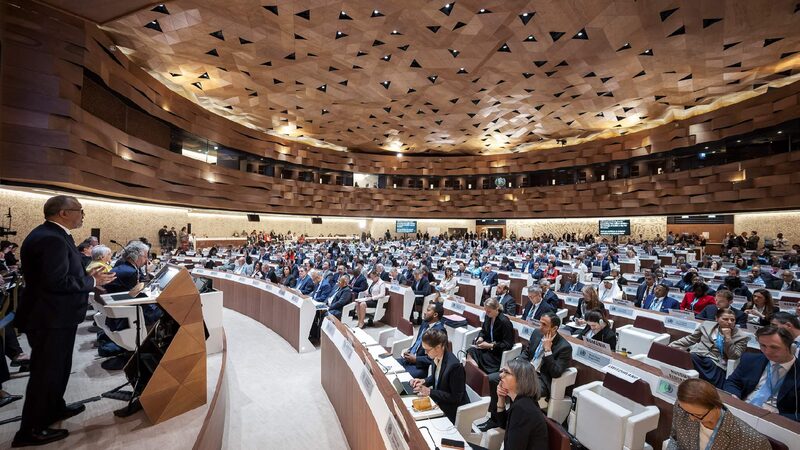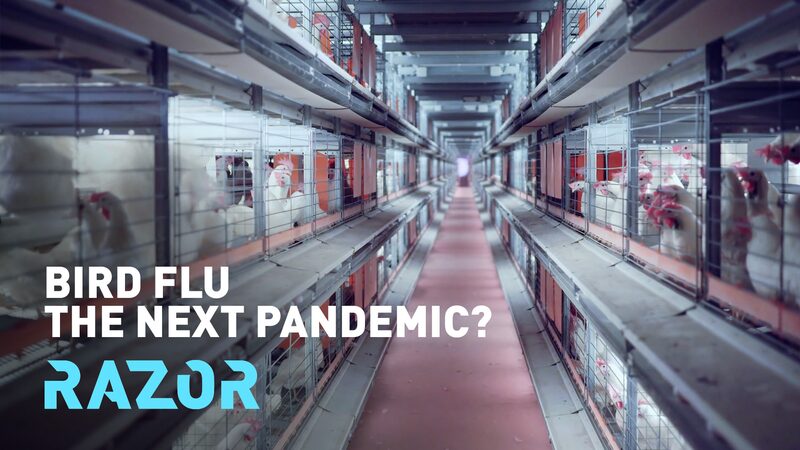Every year on December 1, the world comes together to observe World AIDS Day, a global initiative launched in 1988 to raise awareness about the AIDS pandemic caused by the spread of HIV infection. This year’s theme, “Take the Rights Path: My Health, My Right!”, calls on global leaders and individuals to champion the right to health by addressing the inequalities that hinder progress in ending AIDS.
According to a recent report by the Joint United Nations Program on HIV/AIDS (UNAIDS), approximately 39.9 million people worldwide were living with HIV in 2023, an increase of 900,000 from the previous year. Despite significant advancements in treatment, 9.3 million people still lack access to life-saving therapies, and new HIV infections are on the rise in at least 28 countries.
China has been a significant contributor to the global fight against HIV/AIDS. Winnie Byanyima, UNAIDS Executive Director, highlighted China’s crucial role since UNAIDS was established in 1996. The National Disease Control and Prevention Administration reports substantial progress in controlling HIV transmission in China. Transmission through blood transfusions has been virtually eliminated, and mother-to-child and injection drug-related transmissions have been effectively managed.
As of June 2024, China had reported 1.329 million people living with HIV and 474,000 deaths due to AIDS, according to data from the Chinese Center for Disease Control and Prevention (CCDC). While the number of reported surviving cases continues to rise annually, the rate of new infections is declining, indicating that the overall AIDS epidemic in China remains at a low prevalence level.
How can we prevent HIV infection? Here are some important tips:
- Educate yourself and others about HIV/AIDS prevention.
- Get tested for HIV at local disease prevention and control institutions or medical facilities.
- Use condoms during sexual activity to reduce the risk of transmission.
- If you’ve had unprotected sex, seek HIV testing and consult a healthcare professional as soon as possible—ideally within 24 hours and no later than 72 hours.
- If diagnosed with HIV, take precautions to prevent transmitting the virus to others and seek timely treatment.
By taking these steps and advocating for the right to health, we can all contribute to the global effort to end AIDS.
Reference(s):
cgtn.com
